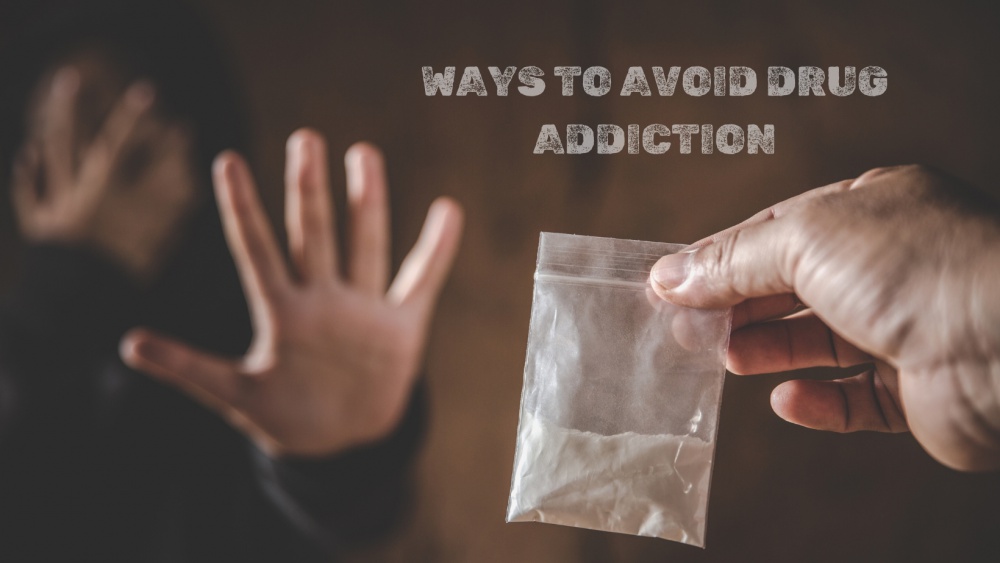Drugs, how to confront them and their impact on youth
Youth, especially transition age, is a turbulent time, as it is a period of many changes, increasing demands, but above all, a heightened curiosity about learning about oneself and the world around us, wanting to explore something new. The desire to try drugs is at this age one of the desires for new experiences and unusual sensations.
The use of psychoactive substances by children and young people is a serious problem in modern society. Indirectly or directly it affects almost every fifth inhabitant of the country. The deterioration of health, the spread of smoking, the use of alcoholic beverages and drugs has reached a critical level, and a further increase in these trends may cause irreversible consequences. Drug addiction is not just drugs and related problems, it is our mentality, it sits deep in us and is waiting to come out. There is an opinion that almost everyone uses drugs, but it's different: someone on food and ends up getting fat, someone on relationships and ends up breaking up with their soul mate because they become too jealous or controlling. Some on gambling, some on sex, some on work, some on drinking, and some on drugs (drinking, rubbing, breathing, smoking, snorting, stabbing).
A drug test does not necessarily indicate a problem at home. Nor does it necessarily lead to immediate dependence on a drug. Curiosity, the desire to experience extreme sensations or the influence of a group of friends are often enough to make a teenager want to try drugs. The fact that still only a small proportion of people. The fact that only a small proportion of people who have tried or occasionally used drugs become problem users or dependent drug users is due to two factors. First, many people are immediately disillusioned with drugs and do not get the effects they expect. Second, most adolescents reduce or stop using drugs on their own or with the support of professionals. The same is true for alcohol use in all age groups. From my own experience. Many people notice that positive feelings are within the person and do not require drugs to produce them.
The main signs of drug addiction in the behavior of a teenager should include a change of social circle. The adolescent forgets and does not communicate with old friends. Instead of them, new ones appear, about which he talks with apparent reluctance. Talking on the phone, talks secretly, one-syllable, or vague phrases. Constantly seeks to be alone, locks himself in the bathroom or in his room. Leaves home more often and for longer periods of time and returns late. No longer interested in or doing the things he or she used to love. There may be an interest in the home medicine cabinet and pharmacology. Sharp mood swings, aggressiveness, indifference, or increased excitement and cheerfulness are noticeable. Movements become abrupt and not always well coordinated. One of the main signs of drug addiction is an increase in the teenager's money expenses, frequent requests for additional money under various pretexts, as well as the disappearance from the house of valuables and other items as a means of buying drugs.
The main signs of drug addiction-alterations in well-being
Direct signs of drug intoxication
Appearance and Behavior;
Changes in mood;
Change in motor activity;
Change in movement coordination;
Change in speech;
Change in skin color;
Change in vision.
Badalova Shamsiya Mirzoevna
Assistant at the department of human anatomy and latin medical terminology named after Rahimov Y.A.
translated Ismoilov R.

